Homestay
About Homestay
Homestay plays a key role in the international student experience and provides support for student success in the Alexander Academy program.
It gives students the opportunity to experience life with a Canadian family while they develop their English language skills in a comfortable and caring family setting. Students will begin to adapt to Canadian culture as they share experiences with their homestay families.
Alexander Academy does not provide homestay service. We refer our students to our trusted providers. Please find below the homestay options that students may choose from:
- Travel and Learn Homestay:
Website: www.travelandlearn.ca
Email: marciabarros@travelandlearn.ca - GKE Education Consultation
Website: www.gkeedu.ca
Email: kate@gkeedu.com
Our Homestay Policy
Students and their families are responsible for arranging the homestay for their child while studying at Alexander Academy. Alexander Academy recognizes that it is a partner with parents, students, agents, custodians and homestay providers.
As such, Alexander Academy endeavors to respect all the school-relevant provisions found in section 2 (International Student Program Responsibilities) of the BC Ministry of Education’s K-12 International Student Homestay Guidelines (2018).
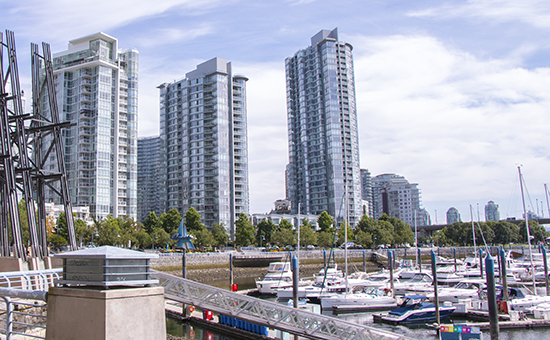
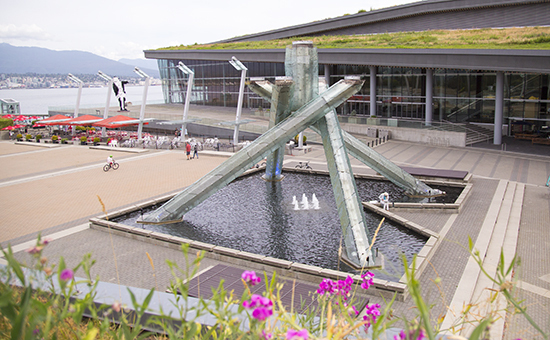
Ministry of Education – International Student Homestay Guidelines
Parents / custodians need to ensure that the family they choose upholds the following Ministry Guidelines as set out in the guidelines handbook:
International Student Homestay Guidelines
Families and custodians must ensure that host families meet the following guidelines:
- Provide a caring, nurturing and supportive environment for international students.
- Be 25 years of age or older.
- Agree to scheduled in-home inspections by either the international student program or the homestay program provider or both and criminal record checks (for anyone living in the home who is 18 years or older).
- Have no more than two international students in the homestay at the same time. A community care licence will be required under the Community Care and Assisted Living Act (the “CCALA”) if a host family cares for three or more persons in his/her home. The CCALA may also apply to other homestay arrangements, depending upon the facts of each situation. A host family that is unsure whether the CCALA applies should contact the regional medical health officer for further information.
- Avoid concurrently hosting both adult and minor international students.
- Provide food for three nutritious meals per day.
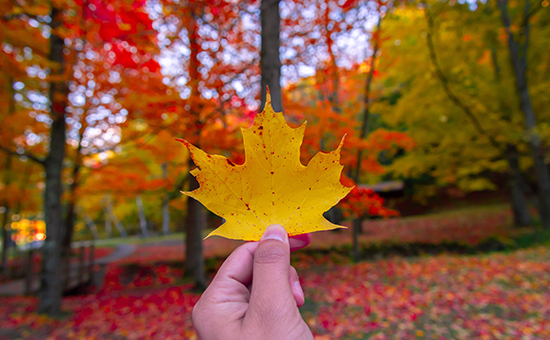
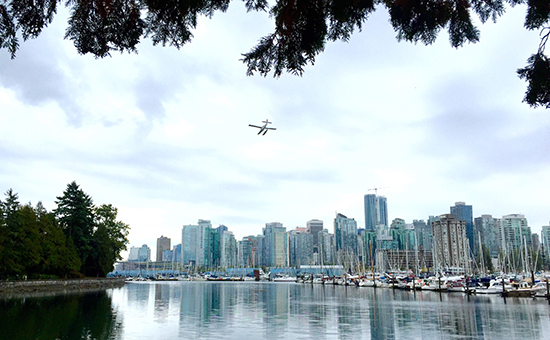
- Provide a clean and tidy home with a private, adequately furnished bedroom, with access to: A. An area with a desk, chair and adequate lighting for homework; B. A bathroom, linens and use of laundry facilities; C. Entry into the home like any other member of the family (e.g. house key and alarm code, if applicable); and D. where possible, access to the Internet to support educational goals and consistent communication with home
- Ensure the house is safe and complies with the BC Building Code and/or the local building bylaw, as applicable, and with the local fire code.
- Ensure a student’s general well-being, seek medical attention when necessary, and report any significant medical or mental health issues to the school, the homestay program provider and the international student program.
- Inform the school or international student program if the student drinks alcohol, takes or possesses non-prescribed, illegal drugs or breaks the law.
- Ensure the home and auto insurance policy adequately covers students residing within their home; some policies do not cover homestay students.
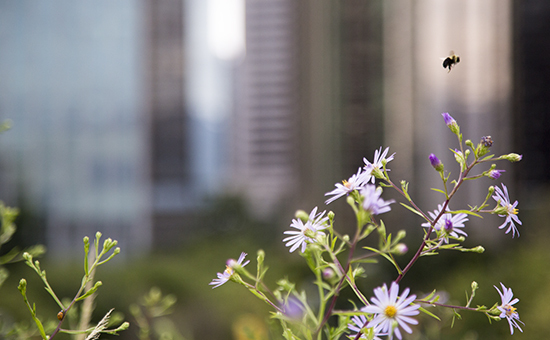
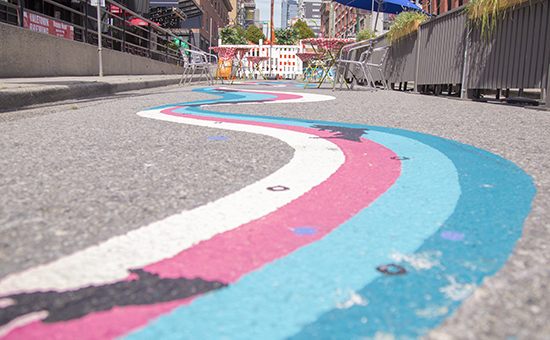
- Promote strong connections between an international student and their parents, schools and communities by:
- Using the student’s desired language of study (English or French) in the home.
- Imposing reasonable limits on the student’s personal use of the internet (i.e. number of hours/day and appropriate times of day).
- Negotiating and enforcing an appropriate and reasonable curfew and house rules for the student.
- Assisting the student in seeking extra-curricular activities and sports.
- Attend school or district orientation for host families and other cultural or education events.
Should Alexander Academy notice that homestay families are not following the guidelines, we will inform the family / custodian.
